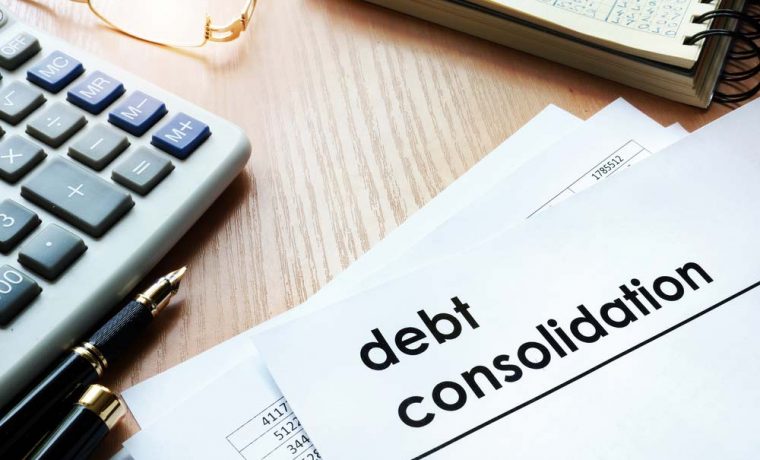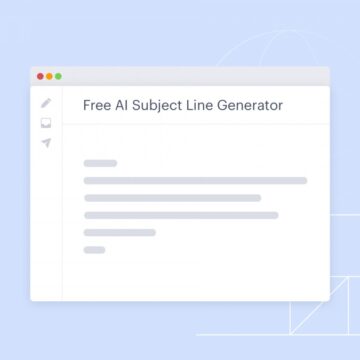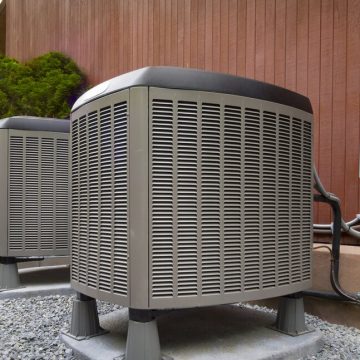There are several ways to consolidate your debt. For example, you can use a personal loan, cash-out refinance, do-it-yourself method, or debt consolidation through a nonprofit credit counseling agency. These programs can offer lower interest rates and monthly payments while retaining access to credit. In addition, debt consolidation can improve your credit score.
Transferring debts from other credit cards
One way to consolidate your debt is to transfer obligations from your other credit cards to one card. However, you should be aware that moving debts from other credit cards may cost you up to $100. Transferring debts from other credit cards is a good option for those with large credit card balances. But it’s important to note that you will be charged interest on your balances after the intro period ends. This interest can add up fast, especially if you have several debts to consolidate. Therefore, ensure you have enough money to cover these fees and appropriately limit your credit cards.
Another option is to consolidate debt with Priority Plus Financial or with a nonprofit credit counseling agency. While this option can be advantageous, it is not suitable for everyone. It is essential to do thorough research and determine whether consolidating your debt is your best solution.
Personal loan
A consolidation loan is a great way to pay off accumulated credit card debt and streamline other bills. Personal loans are generally offered at low-interest rates, and the borrower will only have to make small payments each month to the lender. Moreover, they don’t charge prepayment penalties and let you retire your debt early.
A debt consolidation loan is a loan that combines several smaller loans into one large loan with a lower interest rate. Consolidating debts can help you reduce your stress levels during tough times. This will also allow you to look your financial situation more clearly and reduce your total interest cost.
Debt consolidation loans require a good credit score. However, these loans can provide a lower interest rate for people with bad credit. In addition, they are flexible and can fit into your budget. Some lenders also offer balance transfers to allow you to move your credit card balances from one account to another. You can even get 0% APR introductory credit card offers.
A debt consolidation loan will help you to consolidate your debts and keep track of your payments. It will also reduce your total interest rate, which will be an excellent way to consolidate your debts and get out of debt sooner.
Do-it-yourself method
Debt consolidation is the process of combining multiple credit card balances into one larger loan. This loan typically has better terms and a lower interest rate than the sum of the debts combined. There are a few options available for debt consolidation, but it’s essential to find the one that works best for you. For example, you may be able to work with your credit card companies to delay payments or waive late fees, making the process easier.
When you are experiencing an economic crisis, managing your debts can be stressful. In such a situation, taking care of your health is essential. Debt consolidation can help reduce the stress and anxiety caused by debt. This can help you stay healthy and focus on your other priorities.
Debt consolidation can also help you to keep track of your payments and save on interest. You will only need to make one monthly payment instead of many, and the consolidation process can help you reduce your total debt payments. However, it’s essential to understand that taking out a loan can be risky. It can put your home at risk if you fail to make payments and damage your credit. Therefore, it’s important only to borrow what you need and try to reevaluate your spending habits.
Low-interest rate cash-out refinance.
A cash-out refinance you to use the money from your new mortgage to pay off your other debts. It will save you money each month and allow you to pay off a higher-interest loan. It can also be a helpful way to pay for college expenses. The average cost of attending a public college is now around $10,000 per year. While interest rates on student loans are higher than cash-out refinance rates, those differences are small when considering the amount of money you save.
A cash-out can cost you money. You must pay closing costs and higher interest rates than your old mortgage. You’ll also have to pay back the loan over an extended period. If your home is worth less than your current mortgage, a cash-out refinance may be your best option.
A cash-out refinance a good option for consolidating debt during and after the pandemic. However, it is still a risk because cash-out refinances use the collateral of your home, putting you at risk of foreclosure.
















